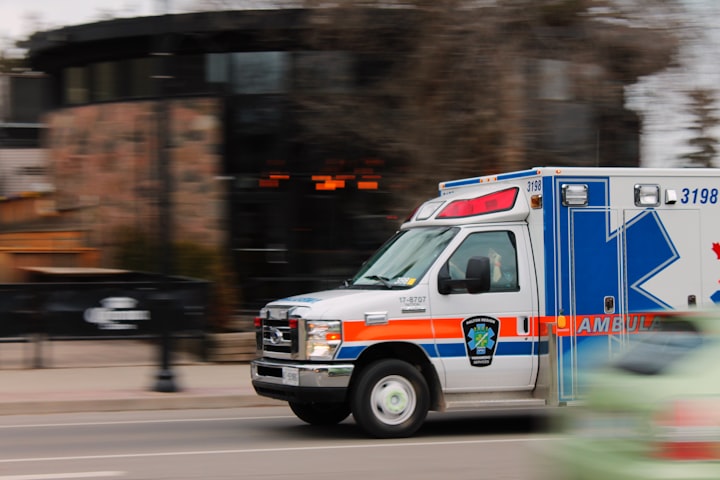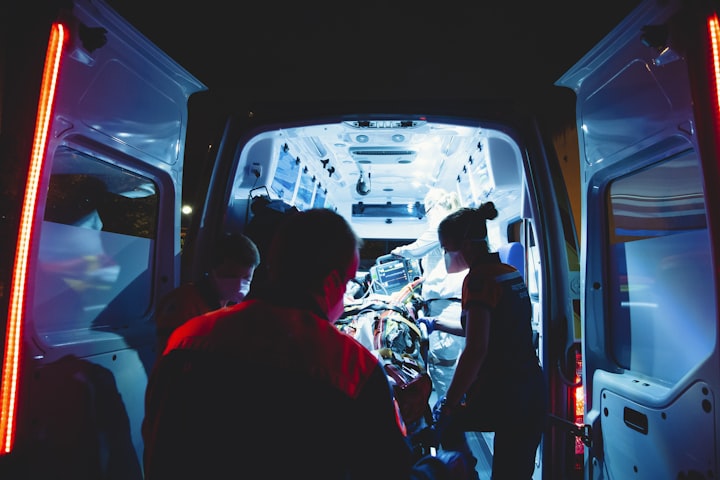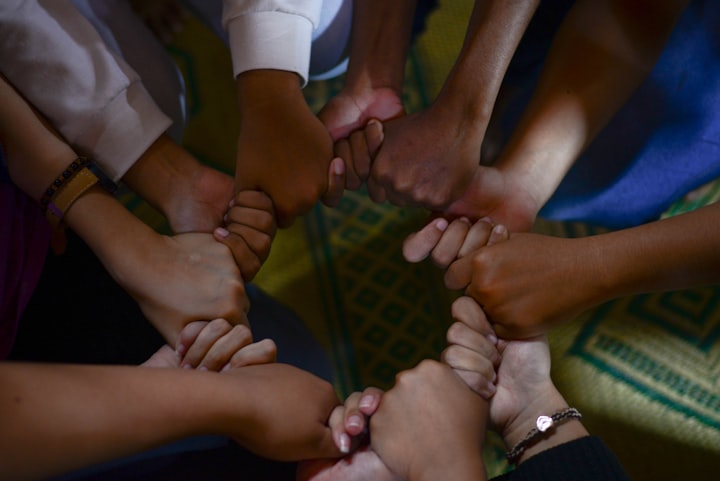Respect in EMS
How I want to motivate emergency workers to respect patients

“Survival of the fittest,” quipped the hard-drinking, burger-devouring, reckless-driving EMT as he stepped over the 18-year-old overdose victim’s body. Back in the ambulance, he imitated the vernacular of the low-income family of the girl we’d tried to save. Then he looked at his watch impatiently. Lunchtime. The girl had died vomiting out of her nose in front of her mother, and the EMT just wanted lunch. “I have no sympathy for addicts,” said the EMT. “They do it to themselves.”
The truth is, we all dig our own grave. A car crash victim may have made a fatal mistake. A heart attack patient could have neglected self-care for decades. A motocross accident could be caused by poor judgement. Cancer patients often have a history of cigarette use.
Or not. The crash could be out of the driver’s control. A heart attack can strike a marathon runner. A motorcycle rider could do everything right. Someone who’s never touched a cigarette can get lung cancer. And as for addicts, addiction can start with legally prescribed medication taken according to the doctor’s orders, or it can be something precipitated by a pre-existing mental illness. We just don’t know what really led to someone’s medical emergency.

Yet many in Emergency Medical Services seek to blame their patients. It often seems a higher priority than helping them. As a paramedic student, I want to encourage providers to make nonjudgmental, excellent patient care the goal of every call.
Compassion for our patients isn’t an optional extra; it’s a vital part of adequate patient care. Take the man who had just attempted suicide that woke up to a paramedic staring at him with disdain. “What if we get a real call?” the paramedic angrily asked the man. The patient’s face weakly twisted in agony. He was in so much pain that he’d chosen to end his life, and he’d woken up to his rescuer telling him his life didn’t matter. The victim won’t ever forget that interaction, but the paramedic would be playing video games at the station in an hour’s time. The suicidal man was likely released from a mental hospital within a week and returned home. The paramedic’s remarks could be the difference between a full recovery and another suicide attempt, to which yet another ambulance would be dispatched. Thus, it’s in everyone’s best interest to treat patients with compassion. In fact, it’s a death sentence to treat them with aggression and disdain.

But you can’t force an overworked, jaded ambulance crew to feel compassion. So how about respect? That’s something that can be expressed rather than felt. A simple “Yes, Ma’am” is something that even an exhausted paramedic can muster up at any time, and it makes a world of difference to the patient. In order to lead other EMS workers to show respect to their patients, I will need allies. I’m new to EMS and don’t have a lot of clout. Fortunately, I have some people on my side.
Patrick and Tonya, my allies, don’t like each other. They’re paramedics with wildly different styles. Patrick is no-nonsense and straightforward; Tonya is diplomatic and warm. The first time I met Tonya was my first day on an ambulance. She kindly explained the ins and outs of the station and the truck before we went out on a heart attack call. As I did CPR on the patient, I saw her take care to explain to the family what was happening as she prepared to intubate. As a paramedic, I will make sure all families receive the same considerations.

The first time I met Patrick was different. Years ago, after a suicide attempt of my own, I woke up as he was strapping me to a backboard. He remained stoic the whole way to the hospital, but when he left me there, he said, “Things can always get better.” It was the only thing he said to me, and it was all I needed. I became an EMT and ended up riding on the ambulance with him. As a paramedic, I will always comfort patients in need.
What Patrick and Tonya have in common-perhaps the only thing- is that they unconditionally treat every single patient with respect. With the help of these experienced and revered paramedics, I will convince others at the ambulance service to reconsider their treatment of the people they encounter in the field.
About the Creator
Samantha Marin
I’m lucky to have an opportunity to share my writing here and enjoy reading others’ work. I’m into outdoor sports, first responders, and mental health.






Comments
There are no comments for this story
Be the first to respond and start the conversation.